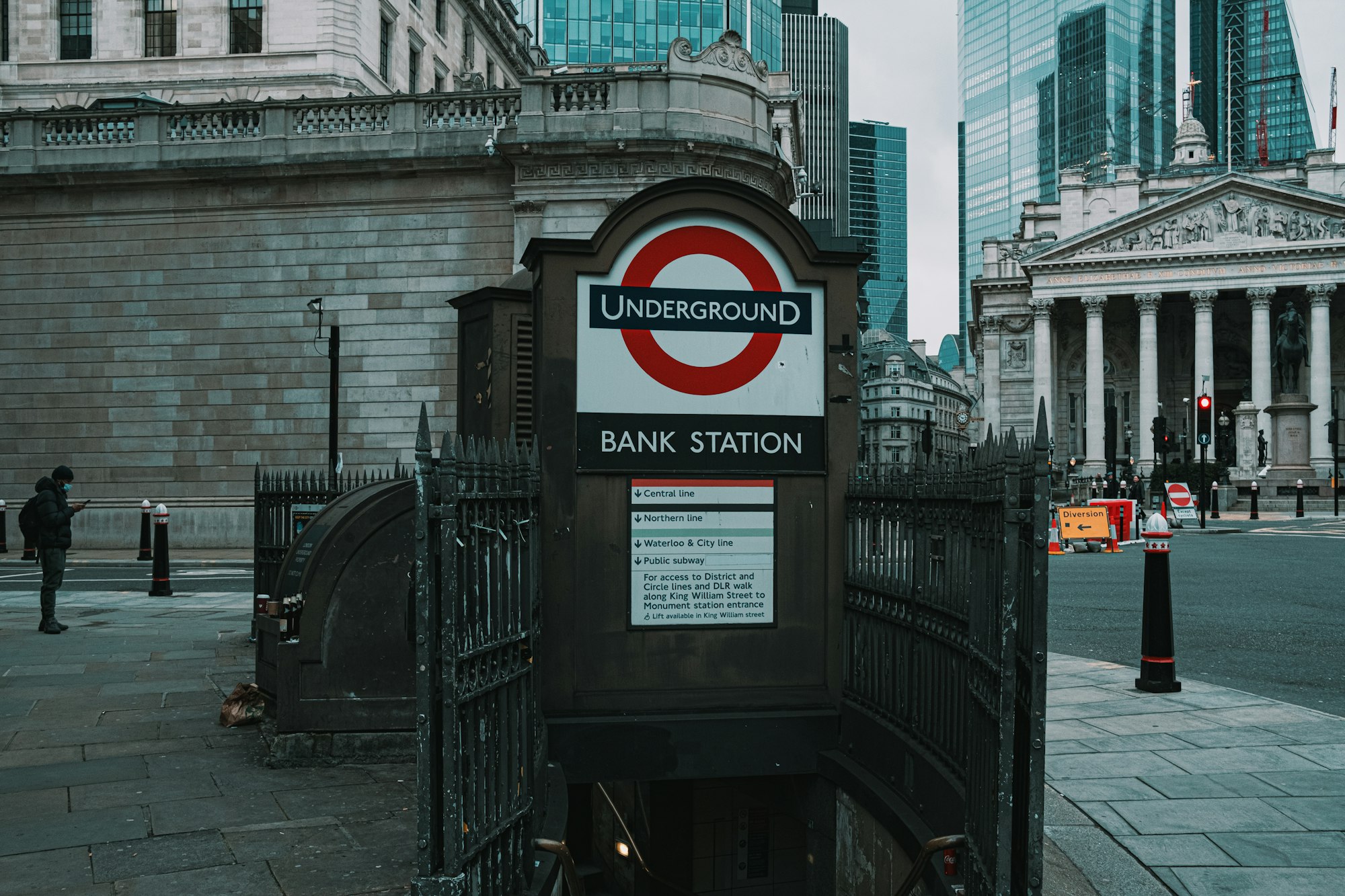UK: Economic Woes Worsen, Gov Slashes Spending to Finance Tax Cuts
The Bank of England has projected a slight improvement in output in 2024, but only to a meagre 0.25% growth rate. Despite this, the government has been advised to focus on public investment rather than reckless tax cuts.

The UK’s economy entered a technical recession in the last six months of 2023, as GDP shrank by 0.3% in the final quarter, following a 0.1% decline in the previous one. This marked the worst year for economic performance since the global financial crisis of 2008. The ruling Conservative Party, headed by Prime Minister Rishi Sunak, has been under fire for its economic strategy, with the Labour Party accusing Sunak of failing to deliver on his promises.

Finance Minister Jeremy Hunt has been weighing up slashing public spending by billions of pounds to fund tax cuts ahead of the March 6 budget, which is expected to be the last one before the national election later in 2024. However, this plan has faced backlash, as trade unions have denounced it as a “scandal” to impose more cuts on the public sector. The chancellor has announced a 1p cut in the basic rate of income tax from next April and a reduction in national insurance contributions by 1.25%.
Worsening Economic Woes
In addition he plans to freeze corporation tax at 19%, costing an estimated £19bn compared with the previous plan to raise the rate to 25%. However, these tax cuts are almost entirely funded by swingeing real-terms reductions to public spending planned from 2025. This means that unprotected departments, such as further education, local government, prisons and the courts, will face deep reductions in their budgets.
The Institute for Fiscal Studies, a leading thinktank, has warned that this austerity drive will be “more painful” than under George Osborne, the former chancellor who initiated the era of austerity after the 2008 financial crisis. The thinktank has also described any moves to cut taxes as “ludicrous” given the economic challenges facing the UK.
Bank of England
The Bank of England has projected a slight improvement in output in 2024, but only to a meagre 0.25% growth rate. Despite this, the government has been advised to focus on public investment rather than reckless tax cuts.
The UK’s economic woes have been worsened by the cost of living crisis, with per capita income dropping or stagnating for seven quarters in a row. The government has been challenged to tackle this problem, and the Labour Party has offered itself as a viable alternative with a proposal to boost growth.
In summary, the UK’s economic situation has been a major political concern, with the government’s reputation being put to the test before the anticipated election in 2024.

